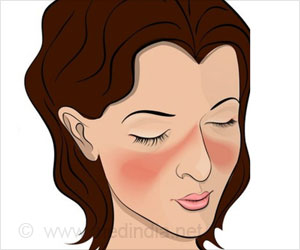Canned foods commonly served to Canadian children contain the estrogen-mimicking chemical bisphenol A at alarming levels says a research.
Canned foods commonly served to Canadian children contain the estrogen-mimicking chemical bisphenol A at concentrations twice as much as the levels that made many consumers to stop using plastic baby bottles and water bottles made from the controversial material, a new study has shown.
The highest amounts were in tomato sauce - a food often consumed by children - which had 18.2 parts per billion.But the news organizations tested 13 other canned goods purchased at Toronto stores, including beer, ravioli, apple juice and cream-style corn, and found bisphenol A in every sample.
Tomato juice had 14.1 ppb, chicken noodle soup as much as 9.9 ppb and ravioli 6.2 ppb.
It is the first time such a review of common, everyday food items has been done in Canada, and indicates there is widespread exposure to the chemical, also known as BPA, among those who eat canned goods, even if they do not use polycarbonate plastic bottles.
"These results provide further evidence that Canadians are marinating in this chemical on a daily basis," Globeandmail.com quoted Rick Smith, executive director of Environmental Defence, a Toronto advocacy group that has been lobbying Health Canada to ban bisphenol A from food and beverage containers, as saying.
The method of testing used most closely mimics the canning process. Fourteen cans of popular Canadian foods were sent to XenoAnalytical LLC, a laboratory in Columbia, Mo . The cans were emptied of food and rinsed five times before being filled with water and heated for 24 hours at 95 C.
Advertisement
Because these findings show that BPA leached out of the cans and into water, it can be assumed that the chemical is leaching into the food itself when the cans are heated during the pasteurization process.
Advertisement
"If people stopped eating canned food, nothing bad will happen to them. On the contrary, it's not like saying don't breast-feed your children. That will be bad," she said.
Dr. Soto also said the safe exposure to BPA is not known among scientists studying the chemical's effects at low exposures.
"It is very difficult to determine what is safe. The government cannot say that they know that there is a dose that is safe. They cannot say that today because we do not know that as scientists, so they don't know that either," she said.
Source-ANI
SPH











